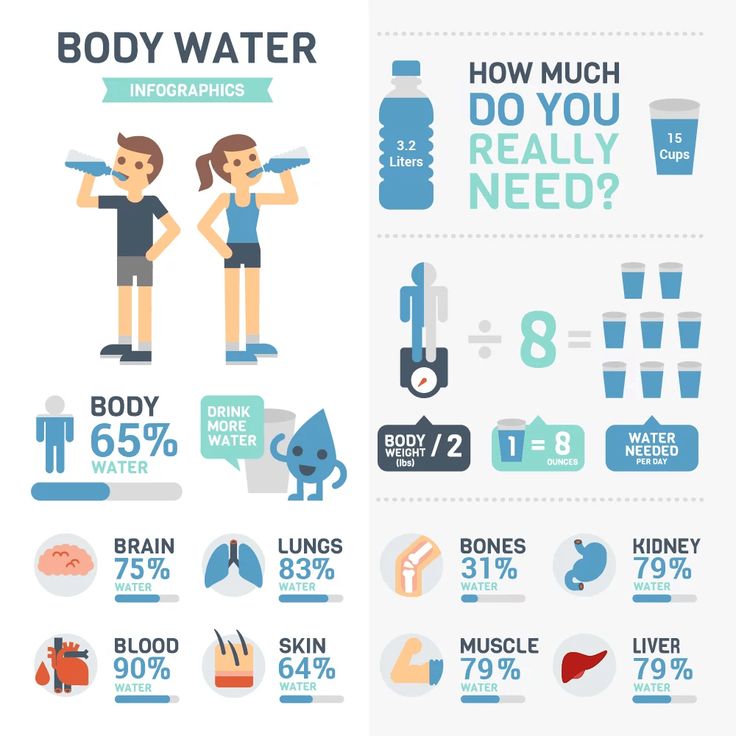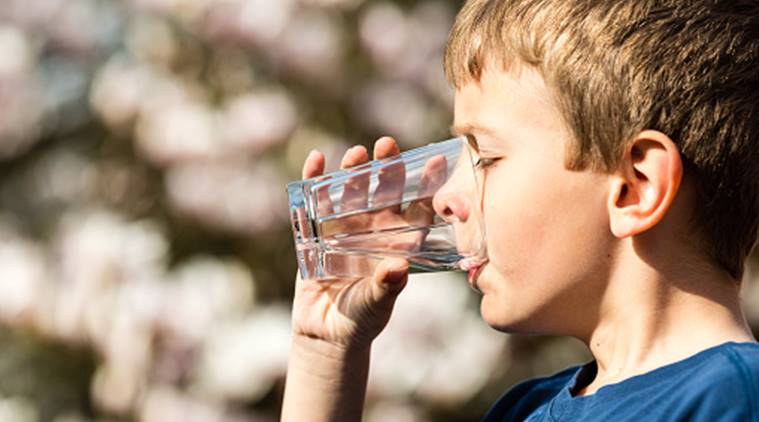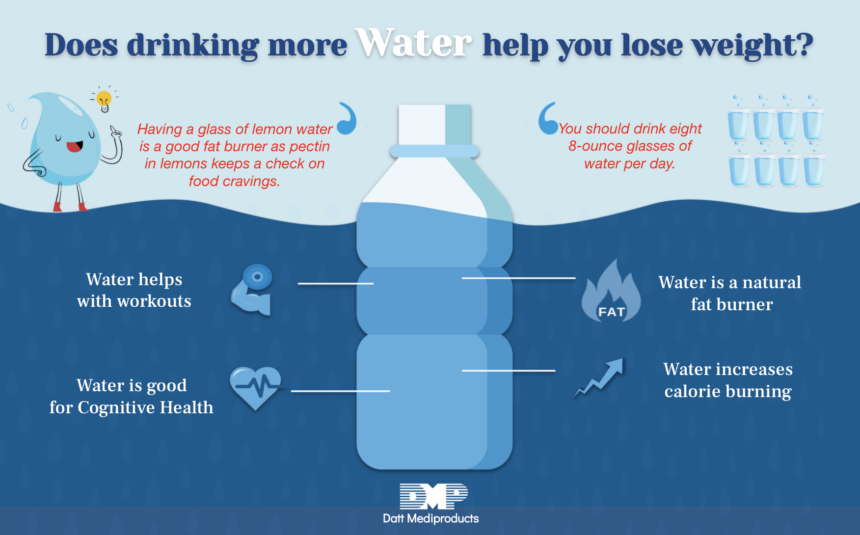Water is an essential component of the human body, making up about 60% of our body weight. It plays a critical role in almost every bodily function, from flushing out toxins to carrying nutrients to cells and regulating temperature. Without an adequate water intake, you risk becoming dehydrated, which can lead to a range of health issues.

Water needs for adults
There is no one-size-fits-all answer when it comes to the amount of water an adult should drink daily. Several factors influence your water requirements, including your size, activity level, climate, and overall health. In general, the Institute of Medicine (IOM) offers some guidelines:
- Men are advised to consume about 13 cups (approximately 3 litres) of fluids each day.
- Women should aim for around 9 cups (a little over 2 litres) of fluids daily. Pregnant women need about 10 cups, while breastfeeding mothers should target approximately 12 cups.
It’s important to note that your water needs can vary when the weather is hot, during strenuous physical activity, or if you’re experiencing illness that leads to dehydration. Individuals with specific medical conditions, like heart failure or certain kidney diseases, may need to restrict their fluid intake under the guidance of a healthcare professional.
Water needs for children
Just like adults, children’s water requirements depend on various factors, such as their age, weight, gender, activity level, and local climate. On average, children and teenagers should consume about 6 to 8 cups of water a day. It’s also important for them to consume fruits and vegetables, which are rich in water content, to help maintain their hydration levels.
During play or physical exercise, children should aim to drink half a cup to 2 cups of water every 15 to 20 minutes to stay adequately hydrated.

Benefits of staying hydrated
Proper hydration offers a range of health benefits, including:
- Removal of waste from the body through urine, stool, and sweat.
- Regulation of body temperature.
- Protection of delicate tissues.
- Joint cushioning and lubrication.
- Promotion of healthy skin and a plump complexion.
What counts as ‘water’?
Your daily water intake can come from various sources, including drinking water, other beverages, and the foods you consume. However, it’s crucial to be mindful of the quality and content of these sources. Some considerations include:
- Juices, sodas, and smoothies can be hydrating but may be high in sugar and calories.
- Coffee and tea provide water, but they contain caffeine, which can have a mild diuretic effect.
- Alcoholic drinks can cause increased urine output, leading to dehydration.
- Sports drinks can help replace lost electrolytes during intense workouts but may contain excess calories, sugar, and salt.
- Energy drinks often contain high doses of caffeine and are generally not recommended for children and teens.
Don’t forget that many fruits and vegetables, such as cucumbers, iceberg lettuce, celery, and watermelon, have high water content and provide various essential vitamins and minerals.

Can you drink too much water?
For most healthy adults, excessive water consumption is rare. However, it can lead to a condition called “hyponatremia,” in which the minerals in your blood become diluted, potentially causing serious health issues. Certain medical conditions and medications can also affect your water requirements.
To make sure you’re staying adequately hydrated, consider the following:
- Pay attention to your body’s thirst signals. If you rarely feel thirsty, you’re likely getting enough fluids.
- Monitor the colour of your urine; it should be clear or light yellow if you’re adequately hydrated.
Staying properly hydrated is essential for overall health and well-being. While there are general guidelines for daily water intake, individual needs can vary widely. Paying attention to your body’s signals, maintaining a balanced diet, and consulting with a healthcare professional when needed will help you determine the right amount of water to keep your body functioning optimally.








